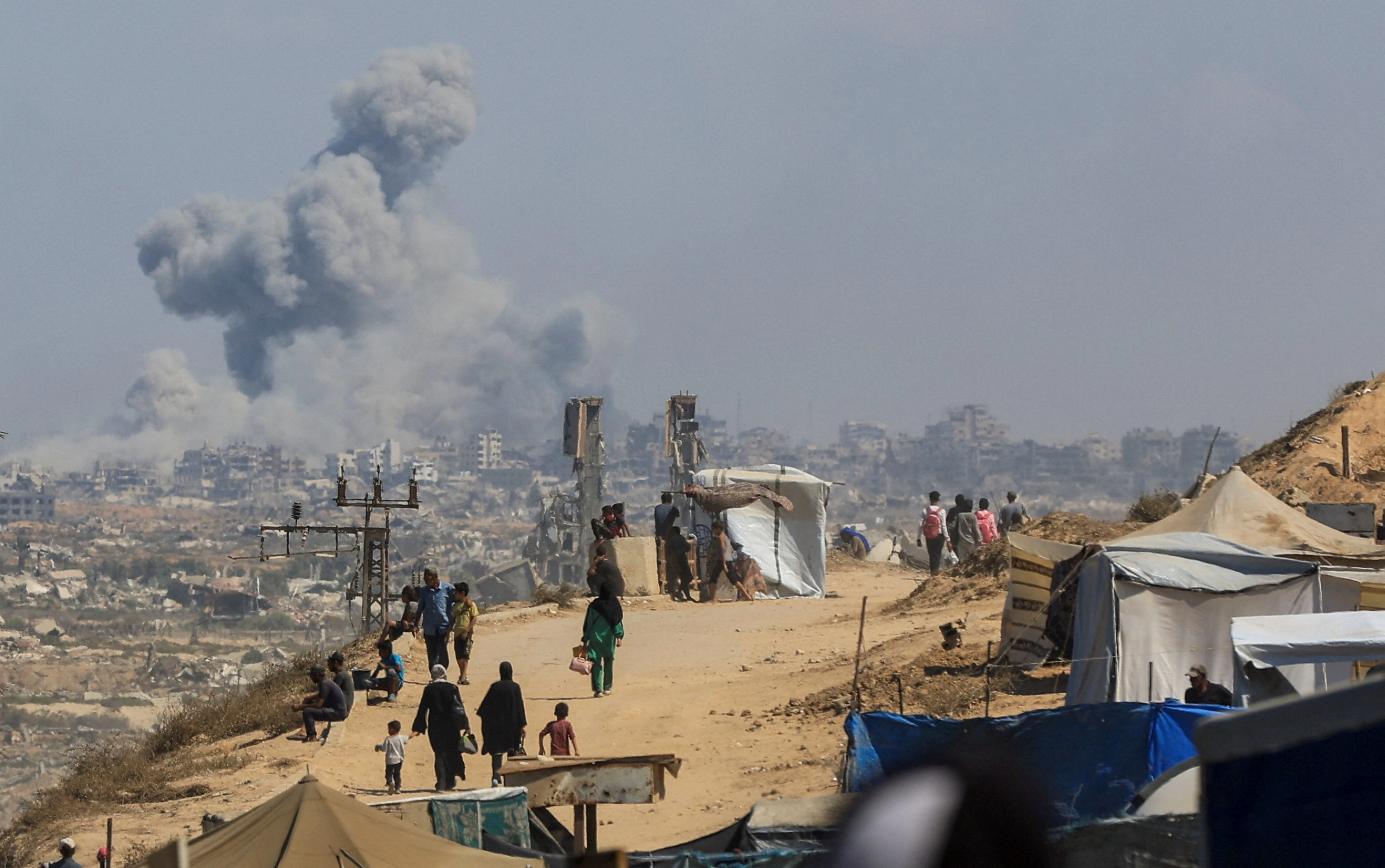Switzerland has taken a significant humanitarian step by offering medical treatment and asylum to 20 children from Gaza who have been injured amidst the ongoing conflict in the region. This initiative reflects Switzerland’s commitment to providing aid and support to vulnerable populations affected by violence and instability. The decision to extend medical assistance goes beyond mere compassion; it underscores a broader international responsibility to protect the well-being of children caught in the crossfire of conflict.
The selection of these 20 children is a critical aspect of the initiative, as it aims to prioritize those who are in dire need of medical attention due to severe injuries. By welcoming them into Swiss hospitals, the country not only provides them with necessary medical care but also offers a safe haven away from the turmoil of their homeland. This move is emblematic of Switzerland’s long-standing tradition of neutrality and humanitarianism, emphasizing the importance of global solidarity in times of crisis.
In addition to the immediate health benefits, this gesture also raises awareness about the plight of children in war zones, highlighting the challenges they face and the urgent need for international intervention. The psychological impact of such traumatic experiences can be devastating, and providing a safe environment for recovery is crucial for their long-term well-being. The Swiss government, along with various humanitarian organizations, is working to ensure that these children receive not only medical treatment but also psychological support to help them cope with the traumas they have endured.
By taking these steps, Switzerland sets an example for other nations to follow, encouraging a collective response to humanitarian crises. The situation in Gaza remains precarious, and the global community must continue to advocate for peace and stability in the region. The plight of these children serves as a reminder of the urgent need for solutions that prioritize human rights and dignity, particularly for the most vulnerable members of society. As discussions around asylum and medical care continue, it is imperative to foster a dialogue that emphasizes compassion and action in the face of adversity.




